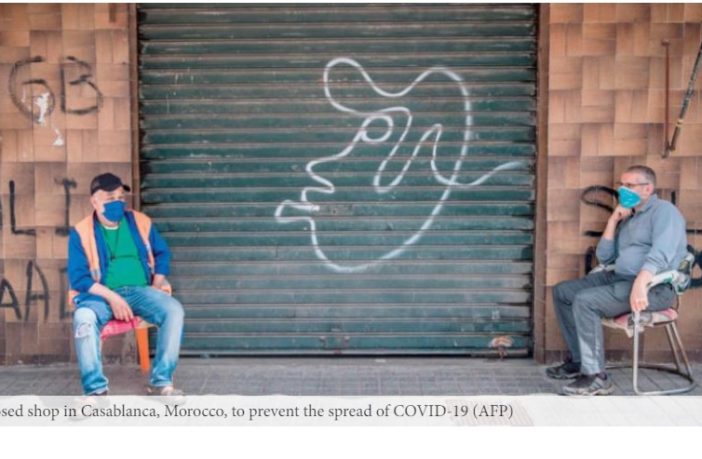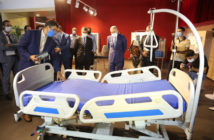Asharq AL-awsat
Latifa Larsouni
Moroccan Interior Minister Abdelouafi Laftit said on Tuesday that allowing some economic activities to resume work does not mean lifting the state of emergency or ending quarantine.
He pointed to the need to continue adhering to the precautionary measures that have been approved at the beginning of the crisis.
Speaking during the plenary session in the country’s House of Councillors on the Ministry’s measure to face the coronavirus pandemic after lifting quarantine, Laftit said the risk of coronavirus outbreak still exists.
Any decision regarding quarantine will not be taken before June 11, he stressed, affirming that the decision will be taken following a very careful assessment of the epidemiological situation by the health authorities.
The Minister noted that significant progress has been made in controlling the virus, but significant negative challenges imposed by the new economic and social situations must be faced.
He reviewed the various measures taken by the ministry since declaring the state of emergency.
“The success of the measures taken by Moroccan authorities has disturbed some of the bodies that followed an opportunistic approach aimed at underestimating the efforts made and promoting nihilistic rhetoric to spread frustration.”
He cited the great number of false news circulated, prompting judicial prosecutions against violators, as this news “affects the community’s security and stability.”
Meanwhile, a total of 1,469 remote sessions were held by Kingdom’s various courts between April 27 and May 29, said the Higher Council of the Judiciary (CSPJ).
During this period, 22,268 cases were reviewed and 9,035 cases were closed.
According to the CSPJ, 24,926 detainees benefited from remote trials to spare them all the health risks in this exceptional situation, highlighting the significant results and the positive indicators noted during the first month of implementing this process.
It expressed pride in the serious and responsible involvement of all judicial authorities, institutions and professionals, in light of the harmonious cooperation to make this initiative a success.
The Council considered that these important and promising results have many positive indications at the various legal and organizational levels.







